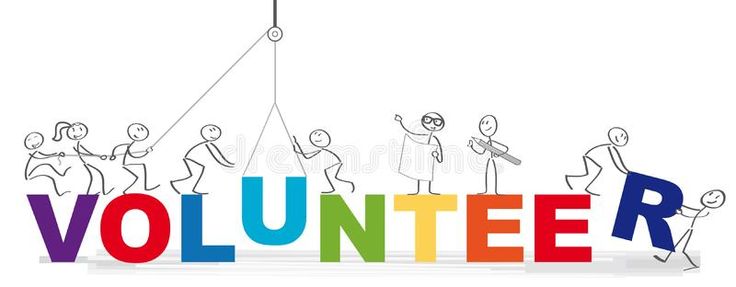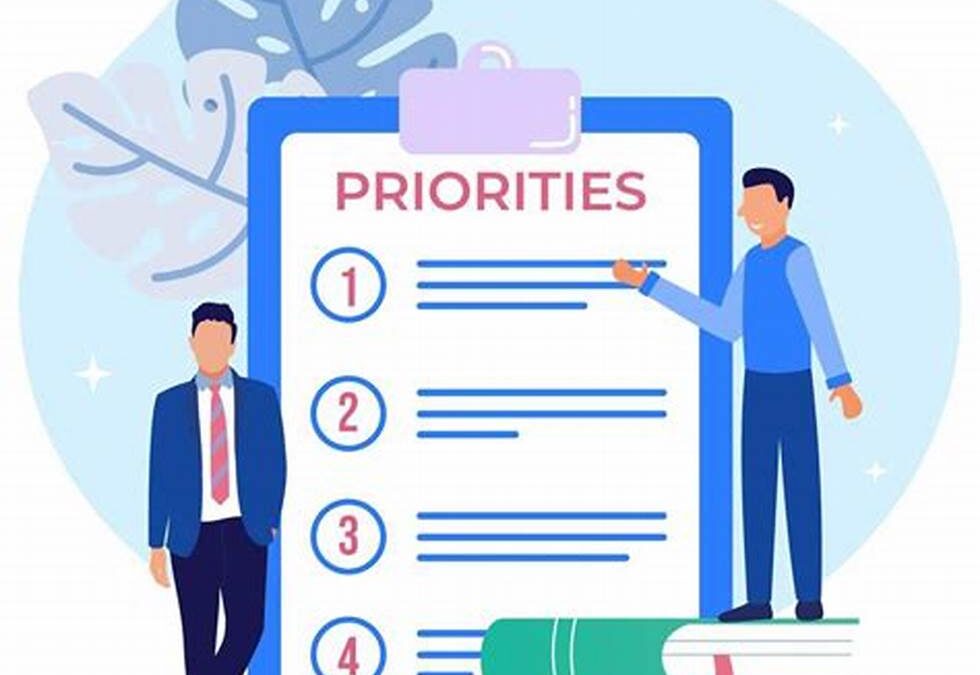
A Conversation on Volunteering with an Ace Volunteer
“ Volunteering isn’t only working, it is about learning and unlearning.”
She was 13 years old when she first volunteered. In her own words, “That first brush with volunteering was so breathtaking. After that I couldn’t be stopped.” While most of her peers were busy giving exams and following a routine pattern, she traveled to the rural interiors of Rajasthan and Bihar to volunteer.
Today, at 24 years of age, Bhawna Khattar, a graduate of Symbiosis Institute of Media and Communication has worked with 8 incredible not for profit organizations. Her journey is one we can all admire and envy at the same time.
As we continue writing on the theme of volunteering, we thought it would be fitting to interview someone as experienced as she. In her intense yet quirky way, Bhawna spoke of her volunteering journey, what made her take it up and why it is important to volunteer.
You have been volunteering for quite sometime now, what has the journey been like?
I have volunteered with different kinds of organizations such as Deepalaya, Teach for India, Rajasthan Bal Kalyan Samiti, Barefoot College and many more. All experiences have been extremely diverse yet, somehow connected in one way or the other. I think, the most important aspect is your own journey as an individual and how it relates to the outer world. So, slowly I have started to build connections.
For me a volunteering journey provides a first hand opportunity of looking at a situation from multiple angles rather than just looking at the tip of an iceberg. For example: If you look at education, you cannot look at education alone, you have to determine the reasons of why a child is not attending school, and in a lot of cases, the reason is ill health or malnutrition.
Adding to this, volunteering is a great way to make friends, all from different places, from different walks of life who give you more lenses. That’s how the journey looks to me, now that I look back. And I believe there is always a long way to go!
When did your interest in volunteering surface and why?
In my case, as far as I can remember, may be going back to sixth or seventh grade. I think the more important question here is- why? My reasons have been to explore. I wanted to intern at Deepalaya because I wanted to understand the usage of communication in education, then Rajasthan was because I was super-excited to live in a new place.
The reasons have always been different but the motivation has been to explore myself in new environments. Also, my college had mandatory social sector internships for us that pushed me to go for volunteering.
Do you think volunteering has helped you grow?
Of course, it has. Volunteering is much more about learning than working. It has taught me to be patient with others but more importantly, with myself. It has taught me that it’s okay to make mistakes that it’s fine to fail. I’ve learnt the value of delving deeper into subjects, to understand first and opine later. More importantly it has taught me that moving out of my comfort zone is the only way to be comfortable with myself.
I think here, it’s also important to understand that volunteering can mean so many different things, in so many different areas but one thing that remains common is the will to find more questions.
Would you recommend young adults to go out and volunteer? Why?
Yes, definitely. In fact I think it has become a “trend” for youngsters to volunteer now, don’t you think? As for the reasons, there are so many. Bu two major ones that I can think of are to remove your own boxes and not be limited by your own mind.
Like you said, today there is a frenzy to grab the best volunteering opportunities amongst students. From a very young age, kids are being pushed to go and volunteer. Why do you think that is?
Because we live in a world which talks of goals but not the process. We want to be ‘someone’, so it’s seen as a way of reaching that particular goal which to me is not volunteering at all. Volunteering comes out of one’s own will, not the societal pressures.
Do you think volunteering is tailor made only for school and college student, can professionals and senior citizens benefit from it as well?
There should be no bars when it comes to volunteering, it can help everyone.
What are some of the best volunteering programs according you?
Again, very subjective but anything that allows for an internal unlearning journey. Few places that come to my mind are Project Potential, Auroville, Shikshantar Andolan, SEARCH in Gadchirolli, Barefoot College and Pravah.
What according to you are the do’s and dont’s of volunteering?
For the do’s I think its important to keep an open mind. Be patient with yourself and others, be prepared for cultural shocks, share and express when there is a need to. It is essential to follow the rules of the community where you’re staying and most importantly take care of your health!
For the don’ts it’s important not to keep assumptions. Don’t blame yourself solely for things that go wrong, reflect and understand why. Also, don’t assume that you are a savior; try not to be the hero. Sometimes it’s not cool to be Batman! And lastly, I would suggest, just relax!
Can you tell me that one moment from your volunteering journey that made you realize that it was all worth it?
We were conducting a week long training in a government school with our 40 ‘Village Visionaries’. On the last day, we were asking everyone about their biggest learnings and one girl who comes from a community where girls who dance and sing are frowned upon said this- “Main soch rahi thi ki abhi toh mujhe rokne wala yahan koi nahi hai par jab sab dance kar rahe the tab bhi maine nahi kiya. Par sawaal ye hai ki kyun nahi kiya?” ( I was thinking that as of this moment there is no one who can stop me, but while everyone is dancing I am still not ready to do so. The question that comes to my mind is, why am I not dancing right now?) I think her questioning her own action made me so happy.
In Conclusion
We have said it before and we stand by it even now, volunteering is one of the best things that can happen to you, doesn’t matter if you are young or old. It has the power to change perspectives, break stereotypes and mould you into a different person all together. We hope that after reading about Bhawna’s journey, you are as inspired as we are and are ready to create your own unparalleled experiences.



